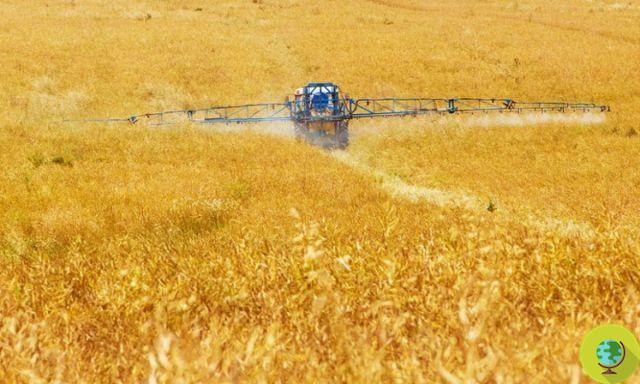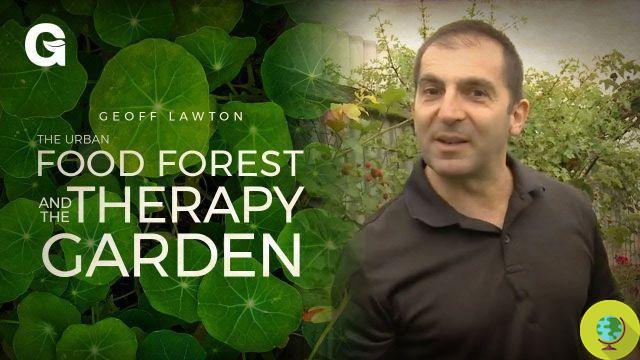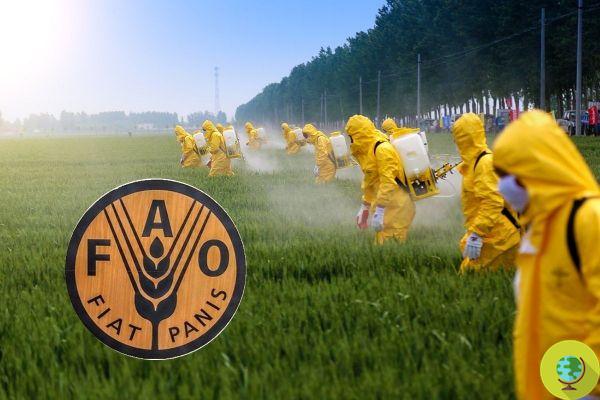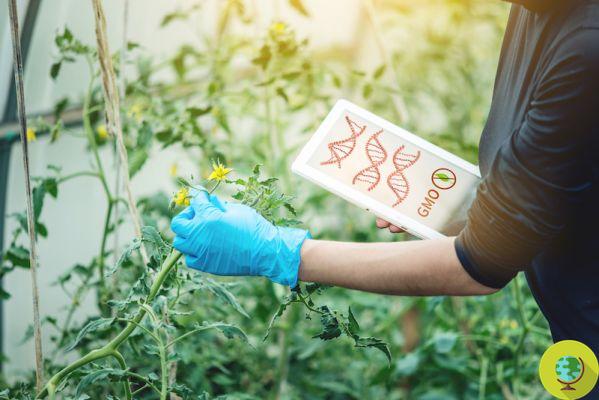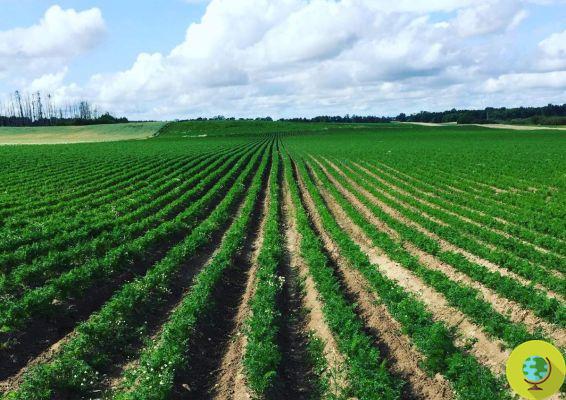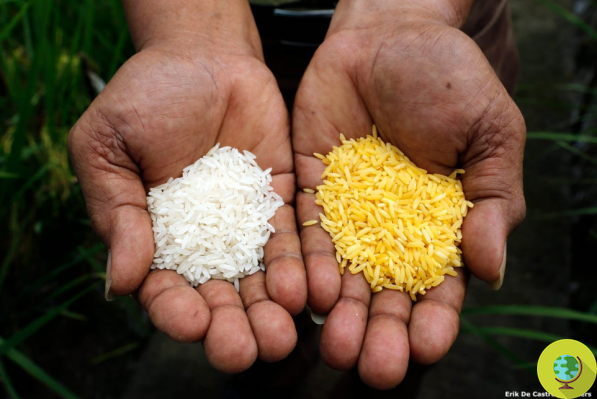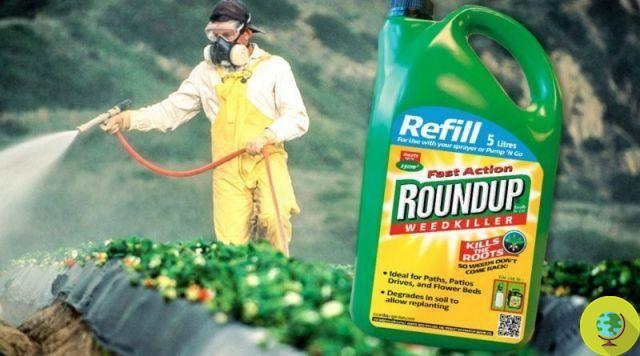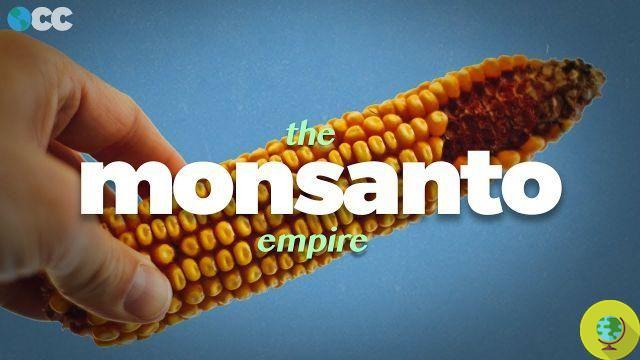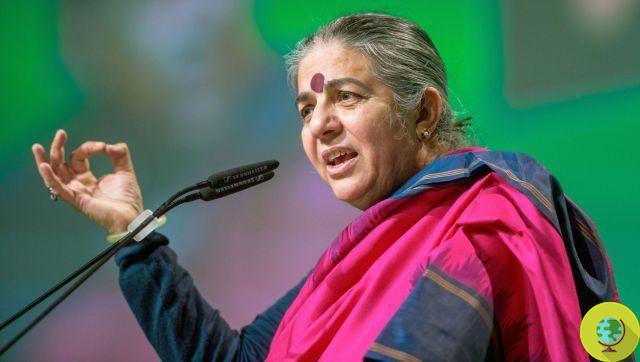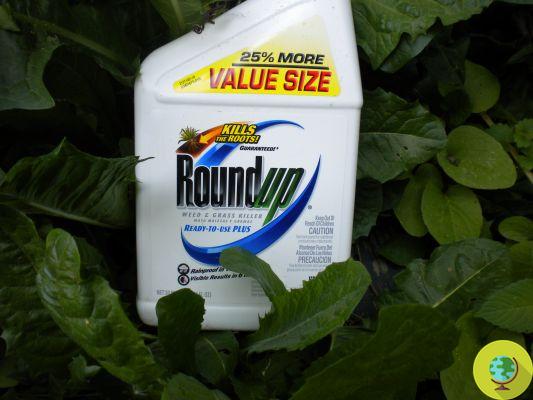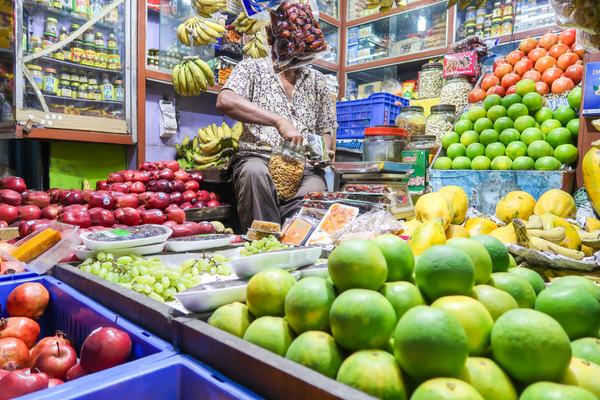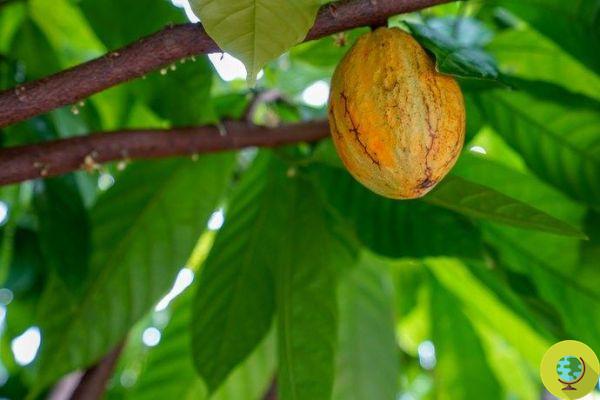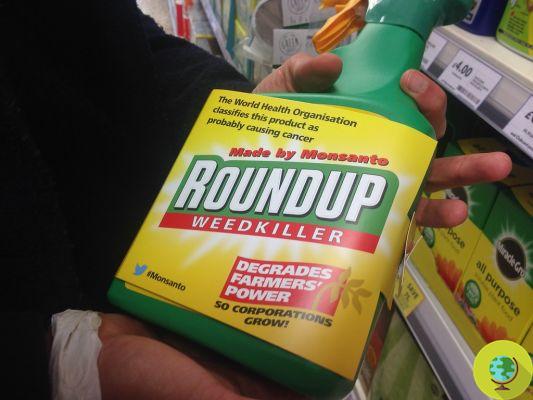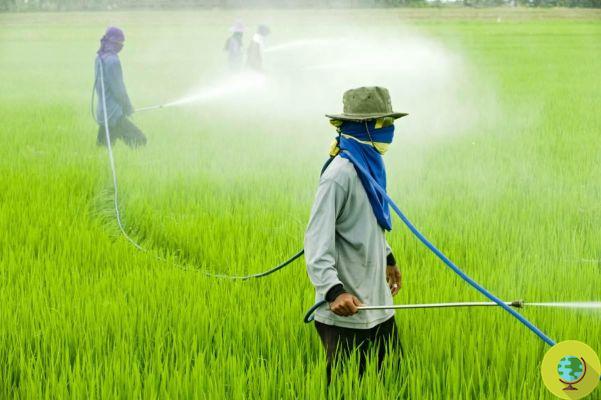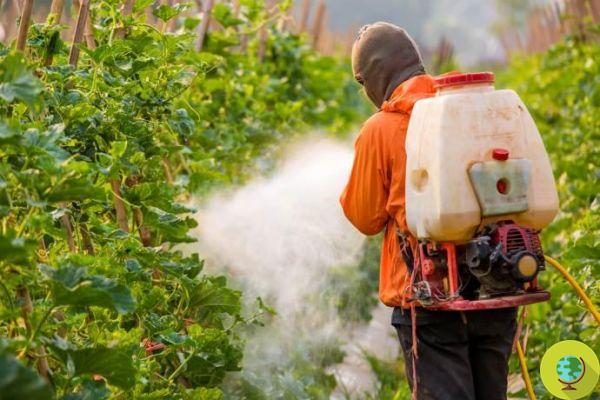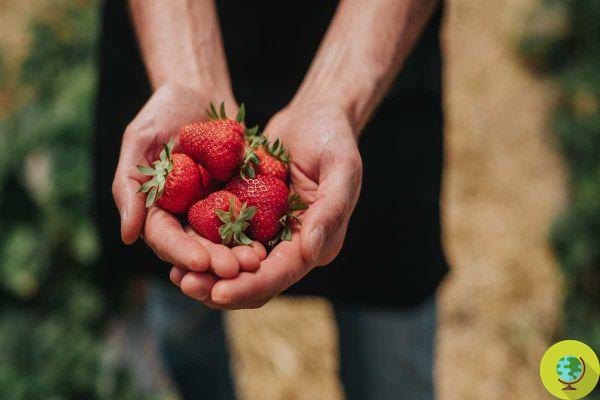
Several scientific studies have found a major change in the nutrient levels of fruits and vegetables. The data highlighted important shortcomings that can put people's health at risk, especially those who follow a plant-based diet
He is about to end up run over, his mother saves him
Numerous scientific studies show that many fruits, vegetables and cereals grown today contain less protein, calcium, phosphorus, iron, riboflavin and vitamin C than those grown decades ago.
This is a particularly important issue especially as more and more people switch to plant-based diets. The reason? This decline will give our bodies less nutrients that we need to protect ourselves from chronic diseases. So, in essence, what our grandparents ate was much healthier than what we eat today.
Scientists say the root of the problem lies in modern agricultural processes, which increase yields but destroy soil health.
The methods of irrigation, fertilization and harvesting also disrupt essential interactions between plants and soil fungi, reducing the absorption of nutrients from the soil itself.
These problems occur in the background of the climate change and increased carbon dioxide levels, also complicit in lowering the nutrient content of fruit, vegetables and grains.
(Read also: Apocalypses of insects; all over the world they are disappearing, due to the climate crisis and intensive agriculture)
What scientific research says
One of the largest scientific studies to draw attention to this issue was published in the December 2004 issue of the Journal of the American College of Nutrition. Using USDA nutrient data, published in 1950 and 1999, the researchers noted changes in 13 nutrients in 43 different garden crops, from asparagus and green beans to strawberries and watermelon.
This raw fruit and vegetable showed a decline in protein, calcium and phosphorus, which are essential for building and maintaining strong bones and teeth and for proper nerve function.
Declines in. Were also identified iron, vital for carrying oxygen throughout the body, and riboflavin, which is essential for the metabolism of fats and drugs. Even the levels of Vitamin C, which is important for the growth and repair of various tissues in the body and for immune function, are decreased.
The level of decline varied with specific nutrients and the type of fruit or vegetable, but generally ranged from 6% for protein to 38% for riboflavin.
Notably, calcium decreased most dramatically in broccoli, kale, and mustard, while iron content had a substantial drop in beets, cucumbers, and turnip greens. Asparagus, kale, mustard and turnip greens also lost considerable amounts of vitamin C.
Since then, further studies have confirmed the hypothesis that nutrient levels are dissipating as the years go by.
Grains have also experienced a steep decline, experts say. One study found that the protein content of wheat decreased by 23% from 1955 to 2016, and there were also notable reductions in manganese, iron, zinc e magnesium.
To be clear it needs to be stressed that fruits, vegetables and whole grains are still among the healthiest foods on the planet, but consumers may not get the nutrients they rely on from plant-based foods. And if these declines continue, some people may be at a high risk of developing deficiencies.
Additionally, foods with fewer nutrients may also lack another important attribute: flavor.
In fact, many of the health protective compounds also impart flavor to food, so some of the changes in farming practices responsible for lower nutrient levels are the same ones that affect their flavor, which is why we increasingly have tasteless fruits and vegetables on the table. .
The only way to counter this unstoppable process is reduce tillage, a practice that leads to the depletion of minerals.
Follow us on Telegram | Instagram | Facebook | TikTok | Youtube
Photos: PubMed / NCBI / Nature
Could it be interesting for you:
- Bacteria instead of petroleum-based fertilizers, the new frontier of agriculture
- Organic farming, now there is the law (and no, biodynamic farming has not been canceled)
- 45 countries commit with 4 billion to promote sustainable agriculture, but will it be enough?
- Let us prepare for new crop diseases in agriculture generated by the climate crisis. I study




